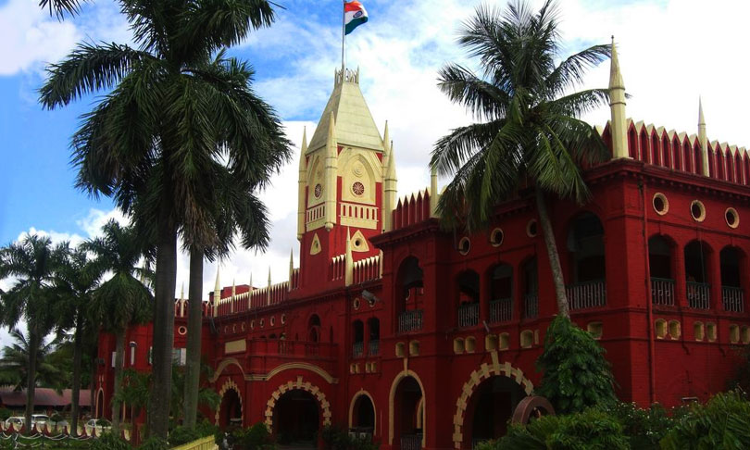Allowing Videos/Photos Of Rape Victims To Remain On Social Media Is Violative Of Their Fundamental Right To Privacy: Orissa HC Moots Statutory Recognition Of 'Right To Be Forgotten'
LIVELAW NEWS NETWORK
24 Nov 2020 11:06 AM IST

Next Story
24 Nov 2020 11:06 AM IST
